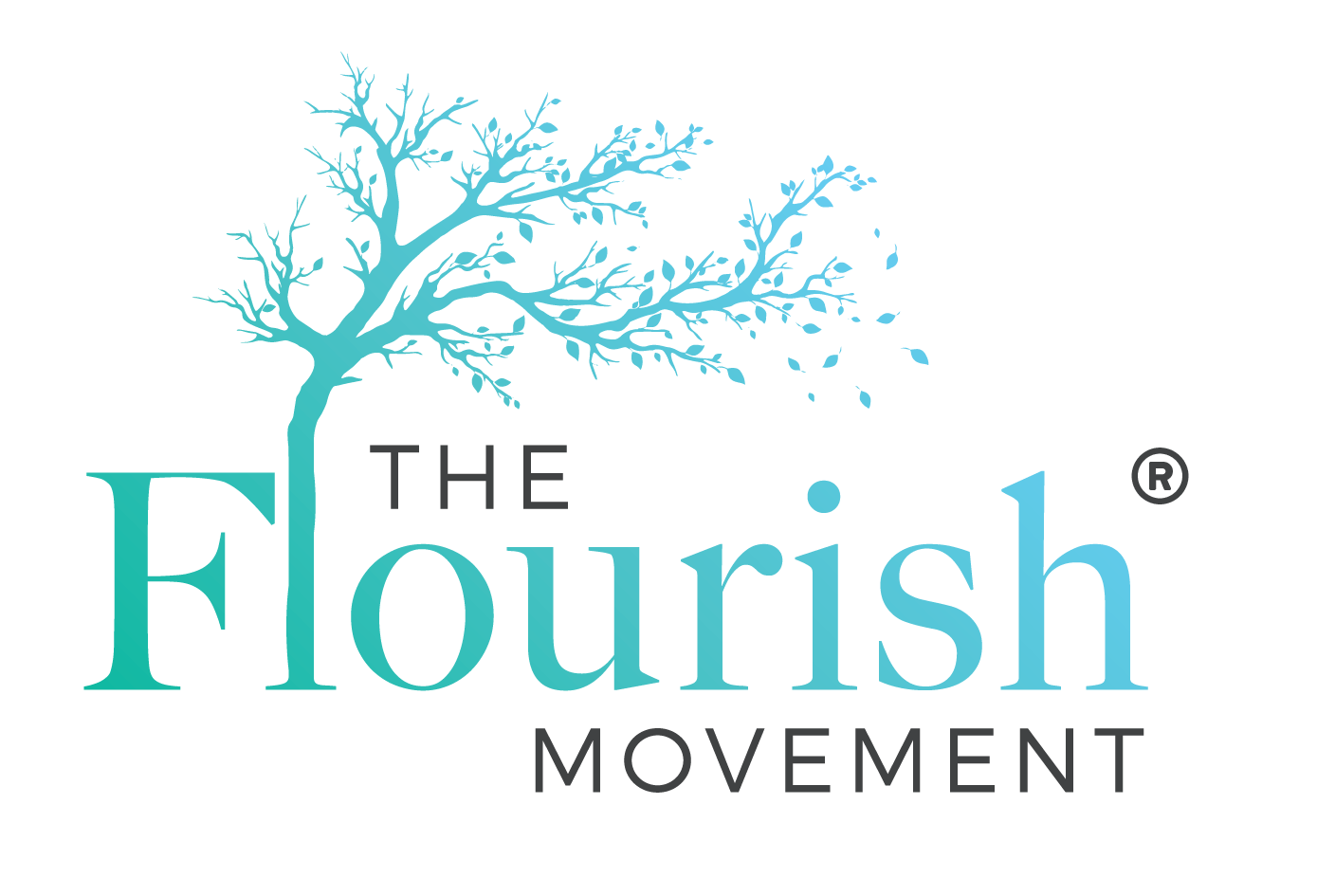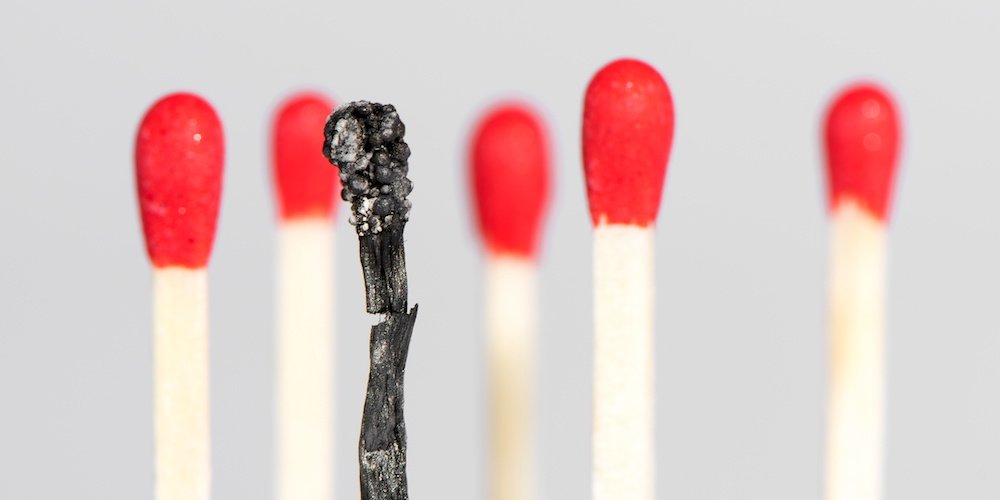The real reason behind why you feel like you need another holiday after a holiday.
Holding out for holidays to recover? Well, not all holidays are created equal. Some holidays are more restorative than others. In fact, what research tells us is that our holidays aren’t as restorative as they used to be.
I’m sure you’ve heard people come back from leave and say things like “I’ve been back a week and I feel like I’ve never had a holiday”. In the research I came across, what a lot of people said was that when they went on holidays it took them a week for their brain to slow down. They had three good days of relaxation and then they started to worry about going back to work again. Because of this, I started to look at what research was out there around the topic of what makes a restorative holiday. There was not a lot of data surprisingly, but here is what we know.
The benefits of a holidays are short lived. Reductions in stress and burnout return back to pre-holiday levels within three weeks. The decreases in mental exhaustion and improvements in work engagement that often come with a holiday disappear after a month.
Here are some holiday facts:
· Extended holidays meaning 10 days or more are no more restorative than breaks of around seven days.
· Data shows that 4 day breaks often result in better wellbeing and decreases in emotional exhaustion compared to a holiday of 7 days plus.
Now this sounds counterintuitive, but the reason for this is that it’s not the length of time we have off from work, but rather it’s what activities we do on the break that help us recover the most. We tend to do things on a four-day break that help us recover and rejuvenate more than if we were to take a longer holiday, i.e. Travelling.
Want a restorative holiday? Here are the things to avoid doing.
1. Avoid working on your holiday
The big one to stay away from is working on a break or even thinking about work. This dramatically reduces how much recovery you get. Now this seems obvious, but you’d be surprised as to how many people do work on their breaks (even checking their email). Set up structures that allow you to completely switch off and if you have to do work tasks on your break try to put them into a block of time at the start or the end of your break. Also if you are covering for someone on leave - do your darndest not to call them unless it is an actual emergency.
2. Avoid screens
According to research, if you watch lots of TV or movies on your holiday, it actually reduces your level of recovery. This includes binging Netflix or zoning out in front of a screen. In fact, even interacting with your phone when you’re on holiday also reduces your level of recovery. The reason why is that it reminds your brain of work and performing work tasks. What’s interesting is that in a study conducted, they advised all the participants of this finding, but no one changed their habits around their phone use. It just shows how incredibly addicted to our phones we are.
3. Choose who you holiday with carefully
This one made me laugh. During my findings, I saw a study where they measured various different aspects including wellbeing, mental exhaustion, ability to focus, and how refreshed we are. Holidays with children or extended family have a negative impact on every single one of these benefits that can come from a holiday. I think we can all relate to that! Now, I’m not saying never holiday with your children, as there are many golden memories to be made on these types of trips, but you may need to adjust your expectation of how restorative that holiday will be for you.
4. Avoid chaotic environments
Finally, we want to avoid very chaotic, confusing and really unfamiliar environments if we want to go on a holiday to relax and recover. These sorts of environments increase your stress levels and do not allow you to get into a deep state of relaxation.
So that’s what we’re not supposed to do. Now, here is what we can do to improve our chance of coming back from our holiday restored and ready to go.
1. Change it up - Staycations are a myth
You want to get away from home. Staycations don’t help you recover or relax nearly as much as going somewhere different. The reason for this is that when you’re at home you tend to fall into usual routine, so you don’t feel like you’re on a holiday. You tend to work around the house, you have to cook, clean and you also tend to think about work more when you’re holidaying at home. This is the reason why Covid sucked so much as we couldn’t get away for holidays. To have a good staycation - get out of your usual routine and obligations - don’t cook, don’t clean!
2. Get into Nature
The big one if you want to recover is to choose nature. When we are in nature like the beach or the wilderness, this really re-energises us so much more. According to research, our environment has a profound impact on our brain waves. Nature puts our brain into a meditative type state, we don’t get that in cities. So, whether it is at the beach, the mountains, the valleys or rivers – any type of nature will improve how restored you feel.
3. If you travel, take it slow
Travel was one of the most enjoyable things we couldn’t do over the pandemic. So, if you are returning to travel, take it slow. Reduce the number of places you fit into your trip and make the pace of travel more leisurely. Avoid tight time frames around transfers. Don’t do the National Lampoons vacation!
4. The importance of doing nothing
When you have a break, ensure that you practice doing nothing. Research compares doing nothing to various different holiday type activities. Doing nothing won by a country mile. When I say doing nothing I mean lying by pool, reading a book, going for a walk in nature, casual sightseeing - these are the most restorative activities.
And yet so many people I know seem to have lost the knack of doing nothing. This may take some practise.
So there up have it. How to get the most out of your holidays if you need rest and recovery.
Get out of your usual routine and obligations - don’t cook, don’t clean, getaway and perfect the art of doing nothing. Pick nature over cities and avoid environments that are chaotic and stressful including holidays with tight schedules around travel. Stay away from screens such as your phone and TV. But most importantly avoid work and the thought of it as much as you can. Lastly, in the nicest way possible – find some time without your kids and extended family because they are not adding to your recovery!

